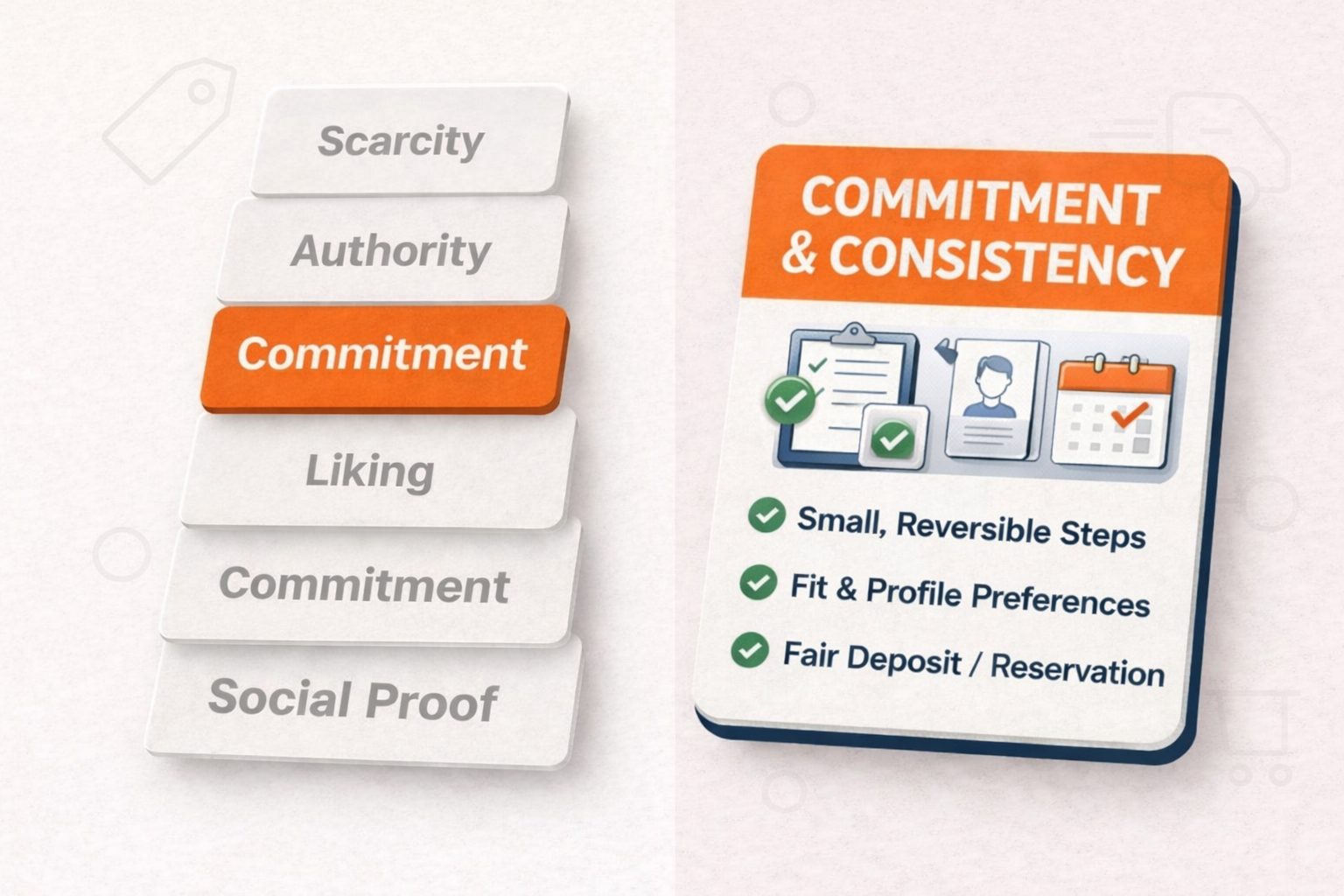
In this blog post we tell why after being solely focused on Magento for almost five years, Magenable decided to start working with BigCommerce.
Magenable was a founded in 2014 with a strong focus on Magento eCommerce – the most flexible platform catering for wide range of businesses, from SMB to multi-billion dollar enterprises. It can be used for wide range of business cases, has extensive ecosystem of extension providers, technology and solution partners and one of the biggest development communities. At high extent all that stand true in 2019 and be valid in years to come.
There are however several important changes, which had us to look into an additional instrument to have in our toolbox.
Magento 1 sunset and Magento 2 becoming mainstream
Magento 2 had been in development way before 2014, but was finally released Nov 2015. It is a step forward overall and in 4 years since release Magento 2 became mature as a product. Magento ecosystem also progressed – most popular extensions and external system integrations have M2 versions now; developers (with fair bit of sweat and tears) mastered the platform too.
Hence it isn’t very surprising that in 2018 Magento Inc. decided to discontinue Magento 1 support and to concentrate on Magento 2. It was expected, the sunset date was shifted forward couple times, but finally it had come to that.
After that announcement Magento 1 merchants face the choice – what to do next? It is a huge topic and we’ve published our and other people opinions on that, but basically it comes to 2 fundamental choices – stay on M1 or migrate out.
eCommerce market changes
Five years is quite significant term for such young market as ecommerce platforms, so since 2014 there were several important changes.
- Overall market growth – eCommerce is a norm, it is embraced by consumers and businesses and the expectations are raising
- Proliferation of Software As a Service eCommerce (also often referred as ‘cloud’) platforms. Most of them existed back in 2014, but were quite young and immature that time
We don’t think that SaaS is a silver bullet, working for every kind of businesses in any circumstances, there are own set of risks comparing with open-source platforms. However SaaS/Cloud has its use cases and appeals.
Adobe acquisition of Magento

After being with eBay and then private equity, in 2018 Magento Inc was acquired by Adobe. While Adobe committed to support Magento Open Source (free version, used to be called Magento Community) and does it, there is a visible shift of focus – Magento in general is becoming more enterprise product with new owner.
So smaller merchants may feel as not such important part of Magento ecosystem now.
Back to Magento 1 merchants
All that developments lead to the fact that Magento 2 with all its benefits may not always be the best choice for a small/medium business that decided to migrate out of Magento 1.
So as a consultancy we should decide – what can we advise to the client who are on Magento 1, but would be better of on other than Magento 2 platform?
If a client has B2B business, several years ago we started to work with Zoey Commerce, a SaaS platform based on Magento 1 core. But what about B2C merchants?
So why BigCommerce?
There are number of SaaS solutions on the market – from Wix to Salesforce (ex. Demandware). We decided to recommend BigCommerce and offer Magento 1 merchant to migrate there due to the next main reasons:
- Solid set of out-of-the-box functionality. BigCommerce has extensive out of the box functionality available to merchants without need to purchase external apps and services.
- Open SaaS. While not Open Source, BigCommerce is more open than some other SaaS competitors. It has well developed API and templating engine that uses standard technologies, so more developer-friendly.
- Fast. Yes, Magento 2 can be fast too, but it has to be cooked correctly for that. BigCommerce is fast out of the box, so BigCommerce online stores have good Google Pagespeed score.
- SEO-friendly. BigCommerce pretty much in par with Magento in terms of SEO capabilities, best in class, less restrictive than other SaaS platforms.
- Decent Magento 1 migration tool. BigCommerce has good and free official application to migrate product and customer data from Magento 1. It has limitations (not intended to be used for over 10,000 products), but otherwise is very useful
- Cost effective. BigCommerce prices are very competitive (from $29.99 per month). Also there is no penalty for using own payment gateways: BigCommerce supports big number of payment gateways and don’t charge extra for using them like for example Shopify does.
Promises and reality
So we joined BigCommerce partner program, invested time in training, passed certification tests and became official BigCommerce partner.

Recently we’ve just migrated our first client from Magento 1 to BigCommerce and in general feel pretty positive – the project went as planned, with minimal number of bad surprises, the website we developed is fast, works as expected. Our BigCommerce partner manager and support in general were pretty helpful and helped to resolve few issues we had quickly.

Our client got a solid online store for significantly less than it would cost with Magento, so they are pretty happy.
Looks like we made a right choice and looking forward to work with BigCommerce in the future and help more Australian merchants with their eCommerce needs.





